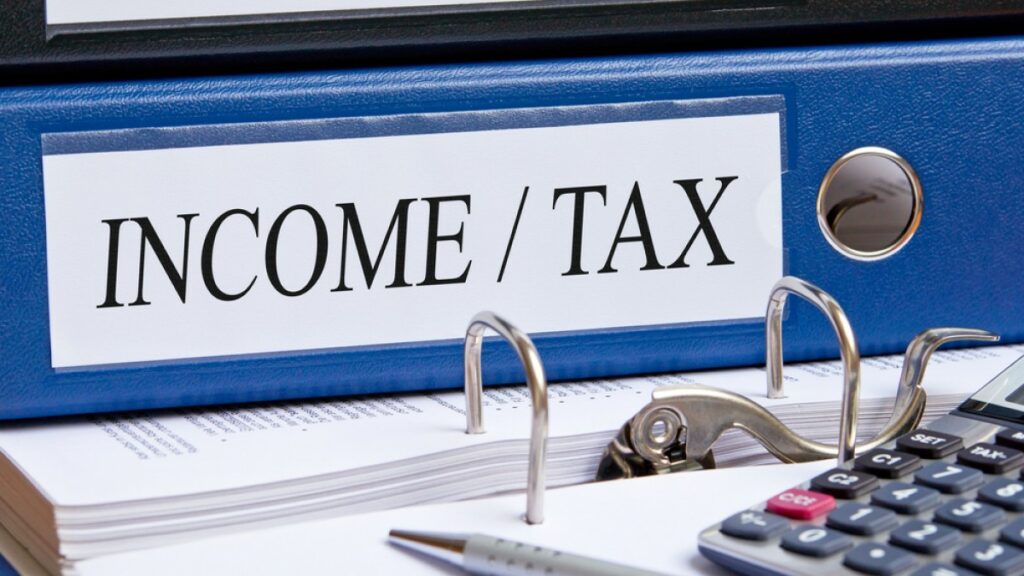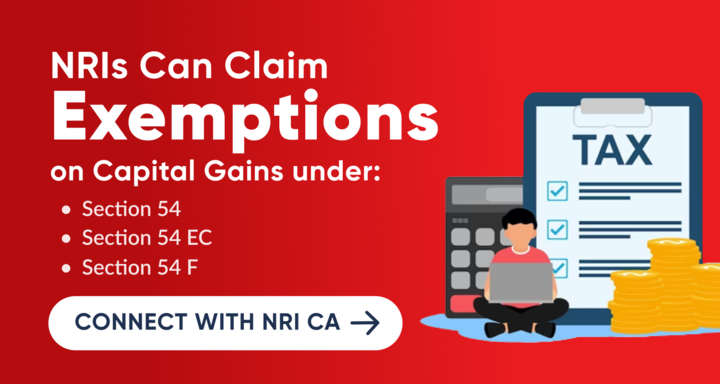The income tax department is closely examining the tax filings of NRIs (Non-Resident Indians) due to suspicions that some may have failed to pay the required taxes. Numerous NRIs have reportedly received notices from the tax authorities asking them to correlate the funds in their bank accounts or investments made by them, with the incomes reported in their tax filings. In many cases, these notices have been sent under Section 148(A) of the Income Tax Act, indicating that the authorities believe that certain income has escaped assessment and that more tax may be due.

Foreign Investors Asked to Share Information
The tax department has also asked some foreign investors to provide information on their capital infusion in Indian firms and the price at which they bought shares. The move is motivated by concerns that the transaction value in these cases may be higher than the respective fair market values, resulting in higher capital gains for the Indian companies.

What are they Asking for?
The tax authorities are requesting extensive and thorough information, including but not limited to the origin of funds, assessment of investments made, adherence to regulatory requirements, and tax residency certificates. It is therefore crucial for foreign investors and NRIs to gather all required documentation and information to prevent any delays in the evaluation process. The information being requested is extensive and includes details on the source of funds, investment valuation, regulatory compliance, tax residency certificates, and more.
NRI Taxation
NRIs are required to pay tax and file returns in India on any income generated in the country, such as income from house property, salary income, investments, or interest income in savings bank accounts. It is important to note that only NRIs’ income arising in the country is taxable in India while an Indian resident is required to pay tax on her global income. The use of data analytics and automatic exchange of information has given the tax authorities greater access to information on NRIs’ transactions, including financial transactions.
Rules for NRI taxation in India
As per new rules for NRI Taxation in India, if an individual qualifies as an NRI, they will be subject to taxation in India on the following types of income sourced in India:
- Income earned or accrued in India
- Income that is deemed to accrue or arise in India
- Income received or deemed to be received in India.

What is Section 148A of the Income Tax Act?
Section 148A was added to the Income Tax Act, 1961 in 2021, enabling Indian tax authorities to exchange information with other countries’ authorities, including details related to NRIs, with the goal of aiding the implementation of the Act’s provisions. Taxpayers who are served with Section 148(A) notices should ensure that they meticulously review their transactions and submit the requisite information to the authorities within the given time frame, according to tax experts. If they fail to do so, the tax authorities may issue notices under Section 148.
Conclusion
Tax experts advise that taxpayers who receive notices under Section 148(A) should carefully review their transactions and provide the necessary details to the authorities in a timely manner. Failure to do so could result in the tax authorities issuing notices under Section 148, which could lead to scrutiny or assessment of the taxpayer for income that escaped taxation. The income tax department has been tracking bank accounts and other details and has sent orders to a number of NRIs under Section 148(A)(d) of the Income Tax Act, asking why notices should not be sent under Section 148 for income that has escaped assessment.

Contact SBNRI
NRI tax rules or criteria to determine NRI status keep changing each year. Due to a complicated tax system, understanding tax rules for NRIs can be confusing and NRIs may miss claiming deductions and other benefits. At SBNRI, we understand this struggle. You can download SBNRI App to connect with our NRI Tax Experts and get end-to-end assistance related to NRI tax filing. SBNRI will also help you get a lower TDS Certificate.
You can also click on the button below to ask any questions. Visit our blog and YouTube Channel for more details.



